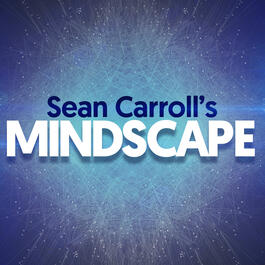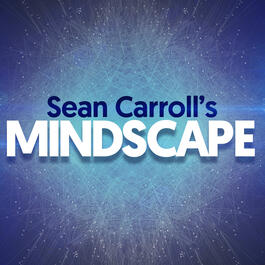
Sean Carroll's Mindscape: Science, Society, Philosophy, Culture, Arts, and Ideas
Ever wanted to know how music affects your brain, what quantum mechanics really is, or how black holes work? Do you wonder why you get emotional each time you see a certain movie, or how on earth video games are designed? Then you’ve come to the right place. Each week, Sean Carroll will host conversations with some of the most interesting thinkers in the world. From neuroscientists and engineers to authors and television producers, Sean and his guests talk about the biggest ideas in science, philosophy, culture and much more.
Show episodes
Time for the holiday message! Rounding off the year with a brief and casual reflection on some issue that doesn't quite rise to the level of a full solo podcast. And hopefully something uplifting. This year, I offer a short apologia for higher education in the liberal arts and sciences, focusing not on the down-to-eart
Welcome to the December 2025 Ask Me Anything episode of Mindscape! These monthly excursions are funded by Patreon supporters (who are also the ones asking the questions). We take questions asked by Patreons, whittle them down to a more manageable number -- based primarily on whether I have anything interesting to say a
The story goes that Wolfgang Pauli, who first proposed the existence of neutrinos, was embarrassed to have done so, as it was considered uncouth to hypothesize new particles that could not be detected. Modern physicists have no such scruples, of course, but more importantly neutrinos turn out to be very detectable, giv
Game theory is a way of quantitatively describing what happens any time one thing interacts with another thing, when both things have goals and potential rewards. That's a pretty broad class of interesting events, so it is unsurprising that game theory is a useful way of thinking about everything from international rel
Machine learning using neural networks has led to a remarkable leap forward in artificial intelligence, and the technological and social ramifications have been discussed at great length. To understand the origin and nature of this progress, it is useful to dig at least a little bit into the mathematical and algorithmi
Welcome to the November 2025 Ask Me Anything episode of Mindscape! These monthly excursions are funded by Patreon supporters (who are also the ones asking the questions). We take questions asked by Patreons, whittle them down to a more manageable number -- based primarily on whether I have anything interesting to say a






